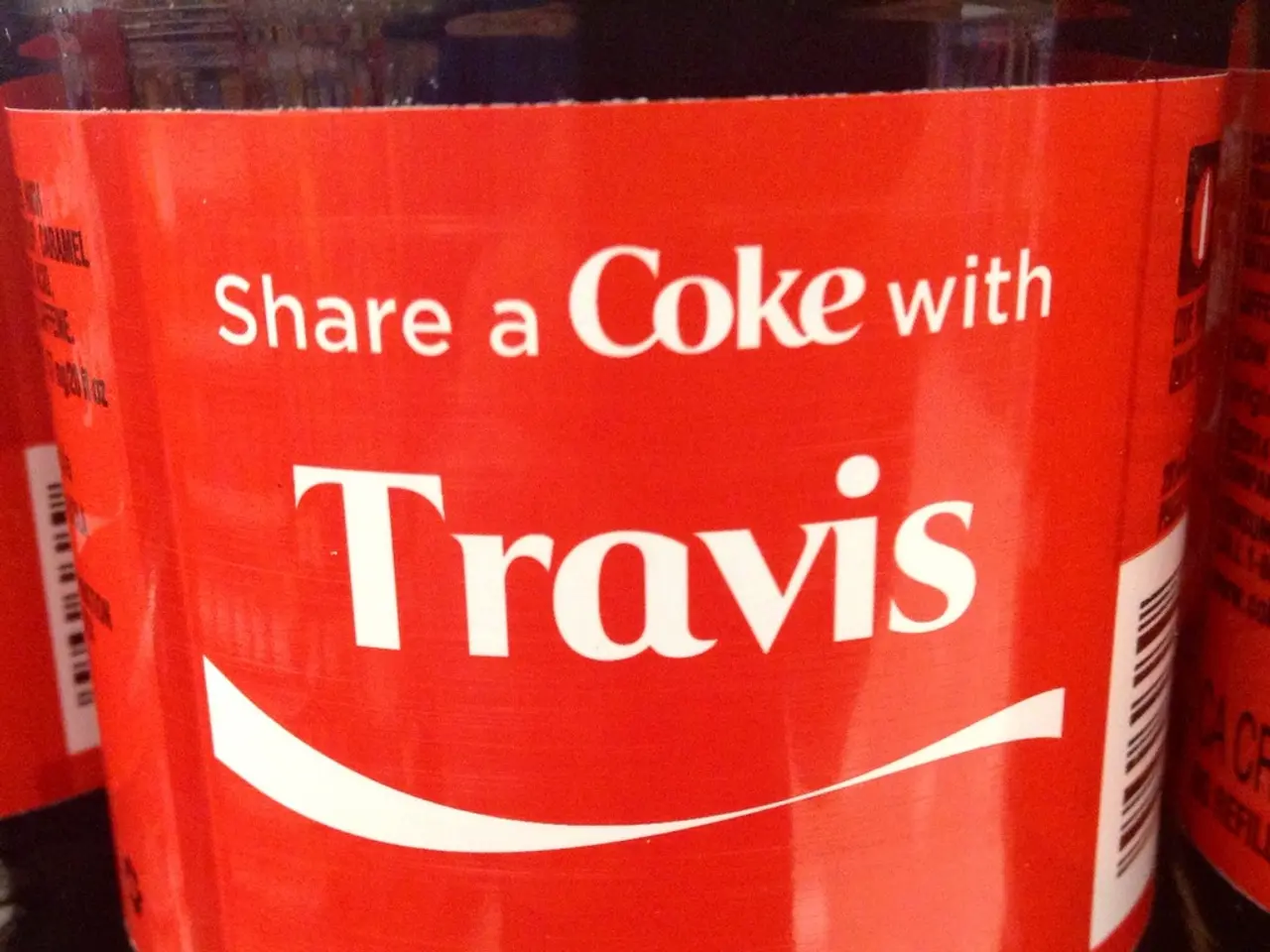BBC Sitcom Faces Trigger Warning for Alleged Use of Discriminatory Language in Another Prompt of Woke Censorship
In the realm of media, trigger warnings have become a contentious yet essential tool to alert audiences about potentially distressing or offensive content. Originating from academic and activist circles, these warnings have since expanded to encompass broader media and digital platforms.
The purpose of trigger warnings is not merely to alert, but also to encourage informed choices about engagement. They interact with evolving digital content moderation approaches, such as friction-based interventions that promote user reflection and intention awareness.
Recently, the British Broadcasting Corporation (BBC) has applied trigger warnings to classic shows that reflect outdated or offensive language and attitudes. One such example is the 1970s British sitcom, Some Mothers Do 'Ave 'Em, which has been given a trigger warning on iPlayer due to discriminatory language.
The episode in question contains a homophobic slur, where a character is called a 'p*ff'. This is not the first time a BBC show has been slapped with such a warning.
Another example is a Doctor Who spin-off, which has also been given a similar warning. The BBC seeks a balance by adding disclaimers or warnings rather than censoring historical works, thus enabling both awareness and preservation of cultural artifacts.
The controversy surrounding such warnings often revolves around debates on censorship, free speech, and the balance between protection and intellectual challenge. Matt Smith, who played the 11th Doctor in Doctor Who, has expressed his dislike for trigger warnings, stating that they take away the point of a 'thriller' or an 'uncomfortable' watch.
Smith, who has actively pursued roles focusing on 'messed-up people', believes that being shocked, surprised, and stirred is the point of art. He expressed concern that movies and programs are being dialled down due to trigger warnings, adding that they are a tedious modern idea that adults cannot cope with being upset by art.
The British Board of Film Classification also weighed in, warning Some Mothers Do Ave Em for 'verbal references to discrimination and the discriminatory social structure of an alien society'. Smith, however, maintains that 'that's the f***ing point. We should be telling morally difficult stories, nowadays in particular.'
This controversy underscores the ongoing debate about the role of trigger warnings in media and their impact on artistic expression and audience sensitivity. As media continues to evolve, so too will the discussions surrounding these issues.
References:
[1] Linneman, C. (2011). The History of Content Warnings in Media. Retrieved from https://www.cmswire.com/digital-marketing/the-history-of-content-warnings-in-media/
[2] Trigger Warning. (n.d.). In Wikipedia. Retrieved from https://en.wikipedia.org/wiki/Trigger_warning
[3] Chow, D. (2017). The Evolution of Friction-Based Interventions in Digital Content Moderation. Retrieved from https://www.jstor.org/stable/26573699
[4] BBC (2021). Some Mothers Do Ave Em: Trigger warning added to iPlayer episode. Retrieved from https://www.bbc.co.uk/news/entertainment-arts-57453966
- Trigger warnings have expanded beyond academic and activist circles, now being implemented on social media, magazines, news outlets, and streaming platforms like Netflix in the domain of movies-and-tv and pop-culture.
- The use of trigger warnings in entertainment has provoked discussions about the balance between artistic expression, sensitivity, and cultural preservation, sparking debates that often revolve around censorship, free speech, and the impact on audience engagement.
- In addition to movies and shows, some critics debate the relevance of trigger warnings in the context of pop-culture magazines, arguing that they can oversimplify complex societal issues and divert attention from thought-provoking and challenging content.








